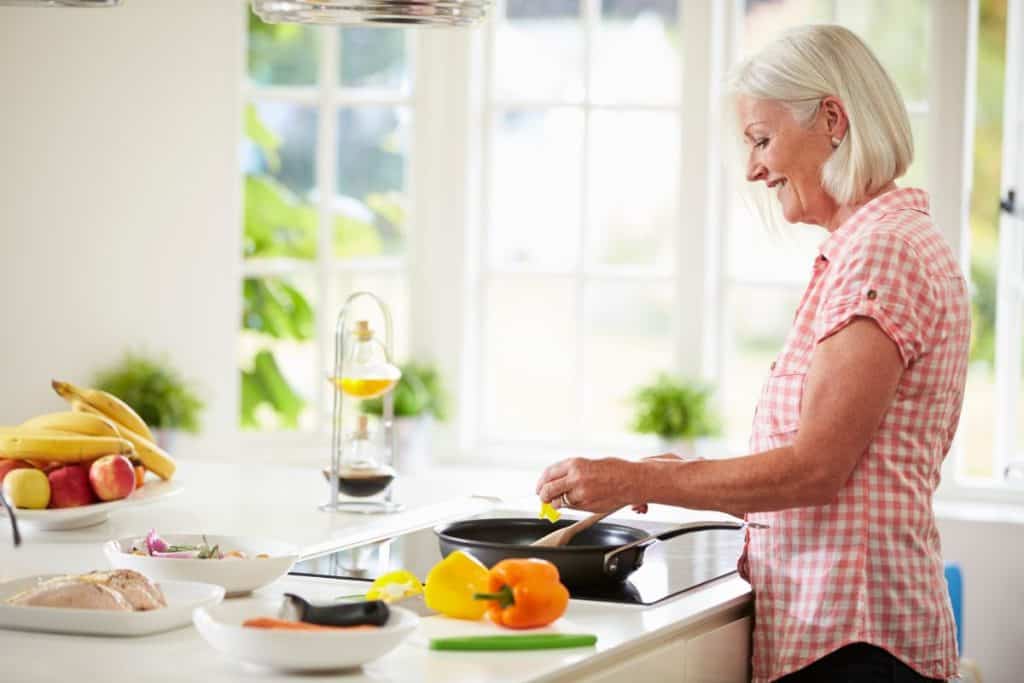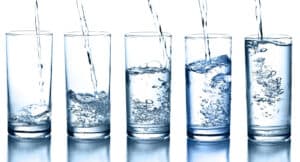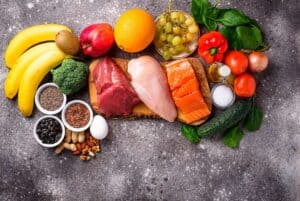When you think about it, we women have pulled the short end of the stick if you ask me. First we are “blessed” with roughly 40 years of monthly stomach aches and other complaints. And then when we think it is over the trouble really starts and we enter menopause. Google for menopause symptoms and you might get depressed just reading the enormous list of ailments that await us once we reach that golden age. From depressions, to joint trouble to hot flashes.

As an experience expert I know all too well how miserable those symptoms can be. But is there really nothing you can do about it? Are you just a slave to your hormones or is there a level of influence you have to make the experience manageable? And what really happens when you’r body goes through that transition phase?
If you think about it our body is a magnificent ‘machine’. All bodily processes happen for a reason and menopause is just a natural part of getting older. It’s funny too that menopause symptoms vary across the world. Not all women experience the same symptoms. There are entire tribes of people that have never even heard of hot flashes!
Female hormones
As women, our monthly cycle and the menopause is directed by the female hormones we all know: estrogen and progesterone. A small reminder: estrogen tends to be the dominant hormone during the first part of the monthly cycle and takes care of making sure that the lining of the uterus build up to get ready for a fertilized egg to be received. After ovulation progesterone gets into action and makes sure we stay calm, it reduces inflammation and makes sure that the lining of the uterus gets build up even further. If you are pregnant progesterone makes sure that pregnancy gets through the first few months and that no new follicles start to ripen. If no fertilization takes place everything is broken down, resulting in your menstruation and the process starts again.
What happens during menopause?
During menopause we have to deal with a varying level of hormones which can result in a hormonal disbalance. Not only from your female hormones but there are other hormones at play here too. Estrogen levels drop as production is dramatically decreased. A little estrogen will still be produced in your Fallopian tubes and also in fatty tissues.
Progesterone however will only be produced – after menopause – in your adrenal glands. The main function of your adrenal glands is to produce cortisol, the stress hormone. That means that if you are stressed, your already diminishing levels of progesterone will drop even further as your adrenals will produce cortisol instead. One of the main reasons why stress and menopause do not go very well together.
Stress
When you think about stress your main thought will probably go to stress over a broken relation, an argument or the loss of a loved one. But stress can also be the result of the wrong food choices, a malfunctioning digestive system or smoking. To name just a few.
All those things can influence the production of your hormones and in the end, can influence how you feel. In the coming weeks and months I will take you through all those processes and how you can make sure you keep your hormones happy. In the mean time you can always ask me a question in the comment section below or – if that is too public – by email.
Menopause
Having had my last period around 2016 I am now officially in menopause. In the beginning it was rather smooth sailing; no mental issue and just hot flashes that kept disrupting sleep. But as time progressed things got more difficult to handle. I didn’t sleep anymore and during work I sometimes broke out in a sweat that literally left me soaking wet. In addition to that I felt it hard to breathe during such an episode.
I ended up going to a specialized holistic doctor specialized in menopause. My hormone levels were measured and there were virtually non, which explained the issues I had. I’ve since been using bio-identical hormones and my life is so much better because of it. But more on that later. For now let me give a few common things that will make it easier.

Make sure you:
- Eat enough fruit and vegetables. Eat cabbage on a regular basis. These support liver function as your liver is crucial and breaks down excess estrogen.
- Triggers for hot flashes can be: spicy foods, sugary foods, coffee, alcohol and stress.
- Do not eat sugar. Don’t drink fizzy drinks and do not drink artificial sweeteners either.
- Do not follow a crash diet. Especially during and after menopause your thyroid can slow down a bit which means you will gain weight faster. Following a crash diet can dramatically increase that effect. So eat enough calories from nutrient dense foods. (whole and unprocessed!)
- Eat enough cholesterol from good fat sources such as avocado and olive oil. Especially after menopause you need cholesterol as the building block for making sex hormones in your adrenals.
- Be careful with xeno-estrogen. This is a type of xeno hormone that imitates estrogen. These are present in plastic wrappings, plastic bottles, but also in other every day items such as your makeup. So don’t drink water from a plastic bottle but use BPA free bottles, try and eat organic food as much as you can. It’s hard to completely avoid but can be reduced dramatically.
- A good way to start balancing your hormones is to eat according to the hormonal balance diet. I will be telling you more about this soon but in general it is eating whole and unprocessed foods. Limit intake of gluten, dairy, alcohol and sugar.
The coming weeks I will go through all of the subjects that can influence menopause. Because one of the major factors of getting old the healthy way is food, there will be lots of articles on that and of course the recipes on In Simone’s Kitchen to support that.
Questions? Let me know!




